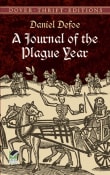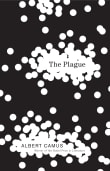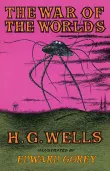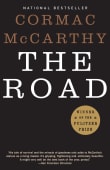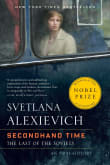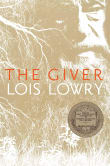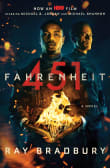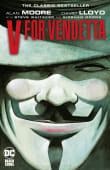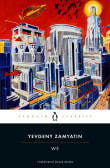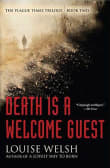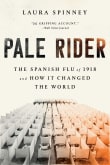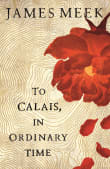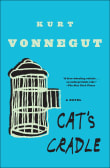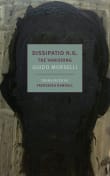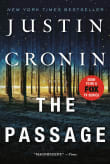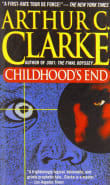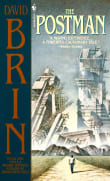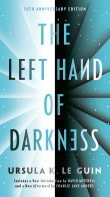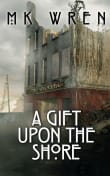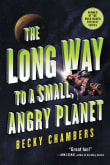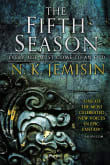Station Eleven
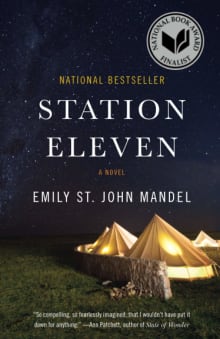
Book description
'Best novel. The big one . . . stands above all the others' - George R.R. Martin, author of Game of Thrones
Now an HBO Max original TV series
The New York Times Bestseller
Winner of the Arthur C. Clarke Award
Longlisted for the Baileys Women's Prize for Fiction
National…
Why read it?
30 authors picked Station Eleven as one of their favorite books. Why do they recommend it?

I don't even read science fiction and fantasy, but I read this post-apocalyptic novel three times last year and I could read it again ... it's astonishing, moving, gritty, soaring ... I loved every word and St. John Mandel is a master at the top of her craft game

I was mesmerized by St. John Mandel's world off the grid, "civilization" taken out with a deadly virus, and the consequent loss of so much that we take for granted: electricity, transportation, communication, books, government, safety. In many ways, it's the world of pioneers (as a kid, stories of the past were my passion: brave girls on wagon trains or living in danger on the frontier). The characters here must likewise rely upon their own creativity, but in this world, there is still the memory of electrification, travel, global connectivity, history, information, suffusing that primitive existence with a painful nostalgia.…

Usually I go for books based on character first, but this one grabbed me with its incredible and fascinating post-apocalyptic world building. There are no zombies in this one, and most of the scary stuff is long over, but imagining how ordinary people rebuild and reform community in a post-virus world had me absolutely hooked. Life and art-affirming post-apocalypse was not what I was expecting!
If you love Station Eleven...

This a beautifully lyrical book. The first chapter winds and twists through different scenes and places, like a gentle lake through a peaceful forest. Emily St John Mantel leads you through the past, present, and future so softly that it takes you a moment to realize the bleakness and horror of the post-pandemic world she’s describing.
I love a story told from multiple points of view, and this one is a masterclass. It weaves different events and characters so precisely that when everything comes to a head in the final chapters, it feels inevitable and natural. I also love a…
From F. D.'s list on apocalyptic Sci-Fi novels with complex characters.

I had no idea what this book was when I picked it up, largely by accident. The plot mostly takes place in the Great Lakes area. A flu pandemic kills almost everyone on earth, and the question becomes, how do you survive?
There is no electricity, internet, or cell phones. Everything has collapsed. What does survival even mean? In this case, the survival mechanism is a traveling Shakespearean troupe putting on plays in various encampments.
St. John Mandel strings the whole thing together with a graphic novel the protagonist and antagonist read many years earlier, which connects them in weird…
From Michael's list on dealing with a world unexpectedly coming apart.

In addition to eerily anticipating the COVID-19 pandemic—thankfully, our pathogen was not nearly as virulent and lethal—this post-apocalyptic novel offers interesting commentary about airports as microcosms of society.
The airport that figures prominently here is the gateway to and manifestation of a “secure” society structured as much by those it excludes as by those it includes. It is also the archive of a society defined, for better and for worse, by its relationship to technology.
From Eric's list on airports teaching us about society.
If you love Emily St. John Mandel...

I loved this book because it gives a dark vision of what could go wrong if we fail to control pandemics. I read this book in 2019–just before the COVID-19 pandemic, which gave it a terrifying reality!
I am a lab scientist, and my work can focus on somewhat abstract ideas about infection, but this book inspired me to think about the (huge) human impact.
From John's list on novels and nonfiction books about infections and pandemics.

This book was hopeful in a time when I needed it the most. We’ve all recently lived through a serious global disaster where we were forced to re-evaluate our priorities and make decisions that we might not have always made to survive and maintain our sanity through a difficult situation.
Though this book was written well before Covid–and believe me, I couldn’t have read this during Covid–it was revelatory in understanding the ways that family come together, how not all bonds are by blood, and that family can be found, can be relational, can be blood.
From Robin's list on jaw-dropping books about family connections that will make you laugh, cry and scream.

This book begins part way through the story, when one night in a Toronto theatre, onstage performing the role of King Lear, 51-year-old Arthur Leander has a fatal heart attack. We don’t see the relevance and connection of this till later.
The way the book gradually unpeels the story and we get to know more about the characters and what they face is one of the things I like about this fascinating book. The situation is a pandemic in the form of a flu pandemic so lethal that, within weeks, most of the world's population has been killed, and most…
From Phill's list on young people meeting a challenge.
If you love Station Eleven...

After being deluged by dystopian YA fiction and end-of-day dramas on the big screen, it was oh-so-refreshing to read a grown-up story about a global catastrophe that was hopeful and optimistic—one that didn’t begin with the premise that when everything fell apart, humans would all resort to conflict and violence.
In two timelines, with a present day centred on a play being performed in Canada and a North America two decades after a deadly pandemic, it was heartening to read a story where art and literature bring the world together when everything falls apart. I loved it!
From Julie's list on whisking you from one time period to another.
Want books like Station Eleven?
Our community of 12,000+ authors has personally recommended 100 books like Station Eleven.



